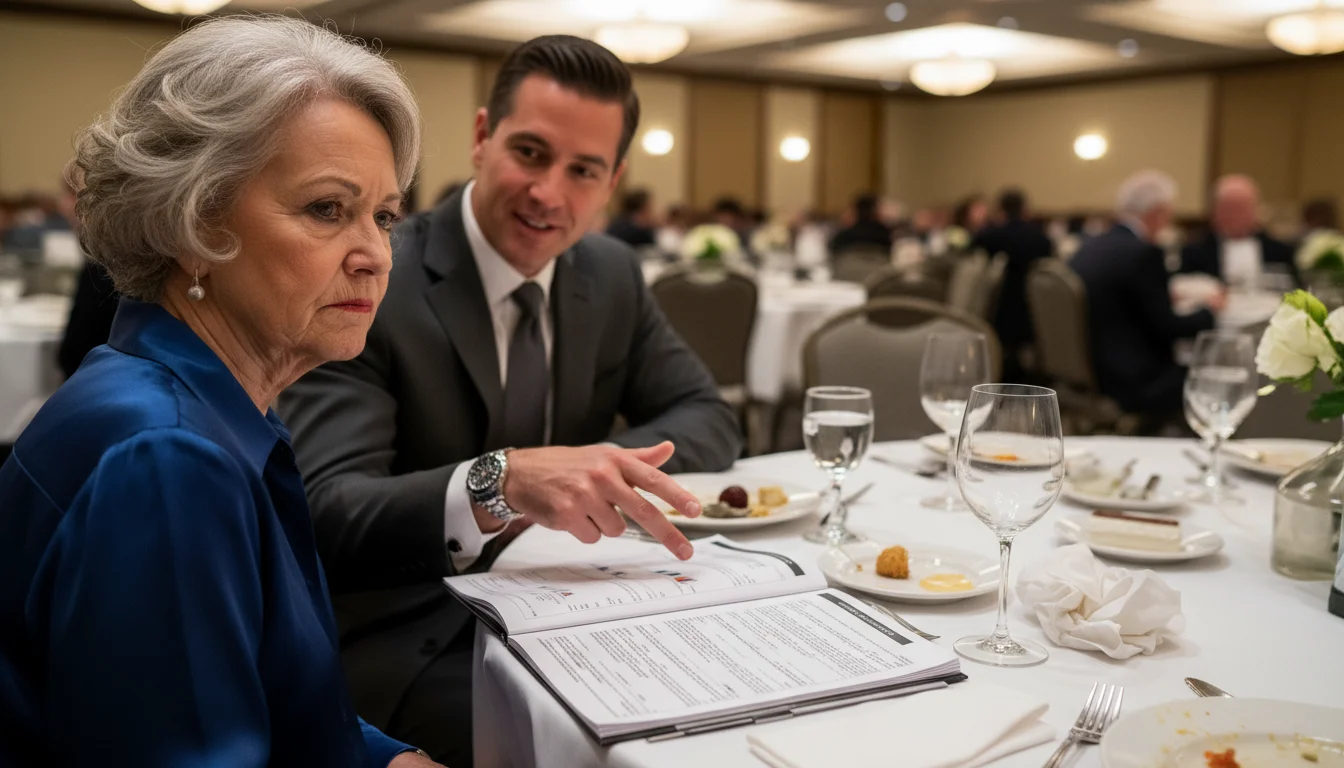
Financial Red Flags and Scams to Watch Out For
Unfortunately, market volatility often brings out scammers who prey on the fears of seniors. Being able to spot a red flag is a crucial part of protecting your assets.

1. The “Guaranteed High Returns” Pitch
The Scam: A friendly “advisor” calls or emails you with a special, time-sensitive opportunity. They promise an investment with “guaranteed” returns of 10%, 15%, or even higher, with “no risk.” They might use impressive-sounding terms like “private placements” or “offshore investments.”
The Red Flag: In the world of legitimate investing, high returns always come with high risk. There is no such thing as a guaranteed high return. Legitimate financial professionals are legally barred from making such promises. If it sounds too good to be true, it always is.

2. High-Pressure Annuity Sales
The Issue: Annuities can be a useful tool for some retirees, providing a guaranteed stream of income. However, some complex annuity products come with very high commissions for the salesperson, steep surrender charges if you need your money back early, and confusing terms.
The Red Flag: Be wary of anyone pressuring you to move a large portion of your savings into a single annuity product, especially if you do not fully understand it. Watch out for free lunch or dinner seminars that are really just high-pressure sales events. Always ask for a written explanation of all fees, commissions, and surrender penalties before you sign anything.

3. Emotional Decision-Making
The Mistake: This isn’t a scam from an outsider, but rather a trap we can set for ourselves. The two biggest emotional mistakes are panic selling and greed. When the market drops, our instinct is to sell everything to stop the losses. When it soars, we might be tempted to pile into risky investments to chase even higher returns.
The Red Flag: If you find yourself checking your portfolio balance multiple times a day and feeling intense fear or anxiety, you may be on the verge of making an emotional decision. The best defense is to have a solid financial plan in place before a downturn. When you feel the urge to act, revisit your plan instead of the market headlines. To protect yourself from scams and for consumer information, consult the Consumer Financial Protection Bureau (CFPB) and the FTC.


















